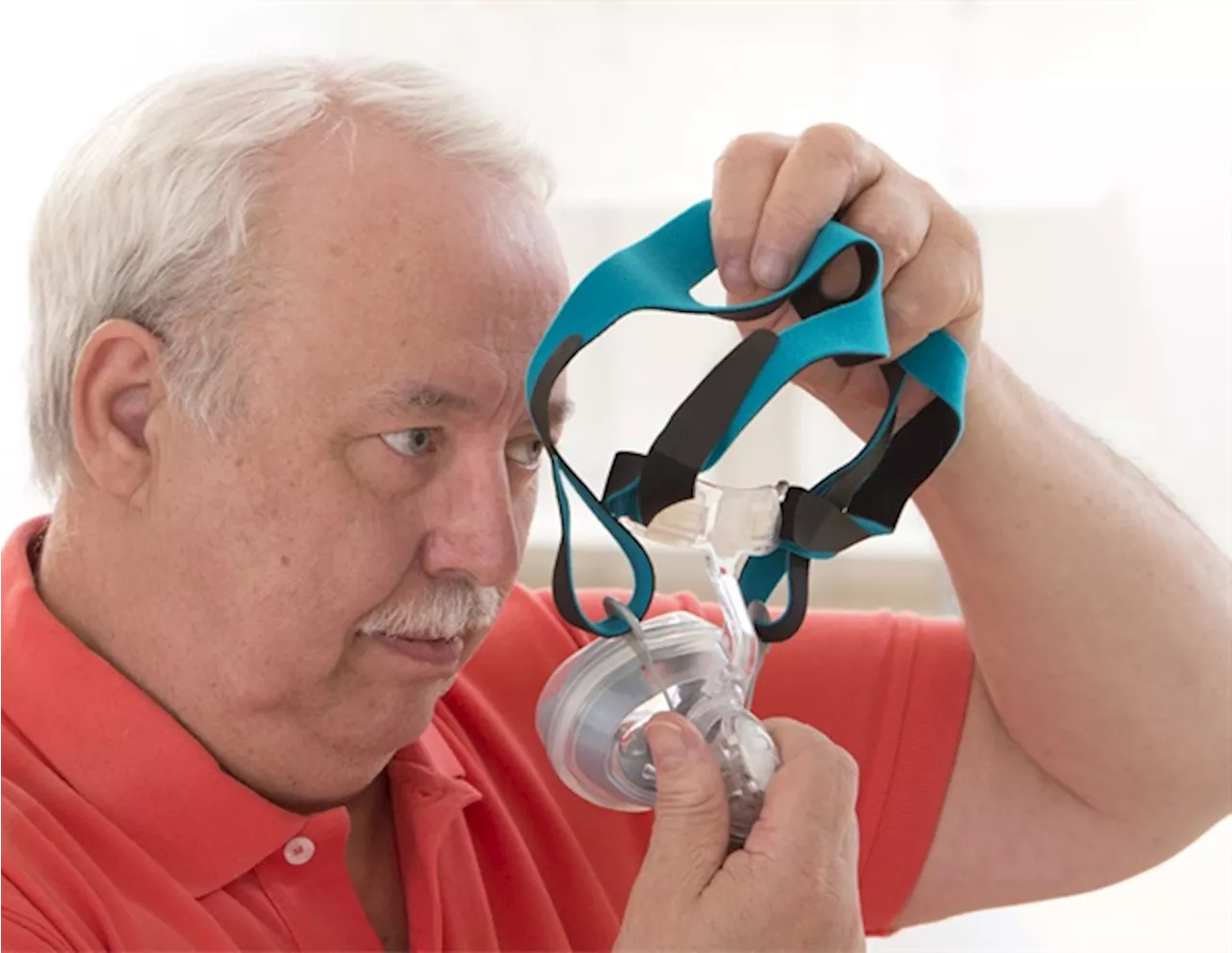A new study suggests a possible connection between delayed REM sleep and the presence of dementia-related proteins in the brain. People with dementia took significantly longer to enter REM sleep compared to those without the condition. Researchers believe this delay in REM sleep could disrupt memory consolidation processes.
– the last of four stages of sleep which we go through multiple times a night – is usually when we dream.The study, which involved 128 participants with mixed dementia and dementia-free status, found that people without the condition took about 98 minutes to hit REM sleep.
Those with dementia, on the other hand, appeared to take much longer to reach the REM, or “dream”, stage than those without the condition.People who took longer to get to the stage had, on average, 16% more amyloid and 29% more tau in their brains. Both of these proteins have been associated with the development of dementia.that one of the reasons this might be significant is because we consolidate our memories during REM sleep.
“The delay in REM sleep disrupts the brain’s ability to consolidate memories by interfering with the process that contributes to learning and memory,” he said.“If it is insufficient or delayed, it may increase the stress hormone cortisol, can impair the brain’s hippocampus, a critical structure for memory consolidation.”that certain medications, alcohol, sleep apnoea, and other disruptions to our natural sleep cycle can affect how quickly we reach REM.
The study doesn’t prove that delayed REM definitely means you have dementia, though. It just shows an association.“Future research should study the effects of certain medications that influence sleep patterns, as these may modify disease progression,”
DEMENTIA SLEEP REM SLEEP MEMORY BRAIN
United Kingdom Latest News, United Kingdom Headlines
Similar News:You can also read news stories similar to this one that we have collected from other news sources.
 Delayed REM Sleep Linked to Increased Dementia RiskA new study suggests that individuals who take significantly longer to enter the REM stage of sleep may be at a higher risk of developing dementia. Researchers found that participants with delayed REM sleep had elevated levels of amyloid and tau proteins, both associated with Alzheimer's disease, and lower levels of the protective protein BDNF. The study highlights the importance of healthy sleep habits for cognitive health.
Delayed REM Sleep Linked to Increased Dementia RiskA new study suggests that individuals who take significantly longer to enter the REM stage of sleep may be at a higher risk of developing dementia. Researchers found that participants with delayed REM sleep had elevated levels of amyloid and tau proteins, both associated with Alzheimer's disease, and lower levels of the protective protein BDNF. The study highlights the importance of healthy sleep habits for cognitive health.
Read more »
 Sleep loss triggers intrusive memories by disrupting REM sleepSleep deprivation affects the brain's memory control, with REM sleep essential for effective suppression of intrusive memories and cognitive function.
Sleep loss triggers intrusive memories by disrupting REM sleepSleep deprivation affects the brain's memory control, with REM sleep essential for effective suppression of intrusive memories and cognitive function.
Read more »
 Delayed REM Sleep May Be an Early Sign of DementiaA new study suggests that struggling to get a good night's sleep, particularly experiencing a delayed entry into REM sleep, could be an early warning sign of dementia. Researchers found a link between delayed REM sleep and an increased risk of developing dementia, particularly Alzheimer's disease. The study highlights the importance of healthy sleep habits for brain health.
Delayed REM Sleep May Be an Early Sign of DementiaA new study suggests that struggling to get a good night's sleep, particularly experiencing a delayed entry into REM sleep, could be an early warning sign of dementia. Researchers found a link between delayed REM sleep and an increased risk of developing dementia, particularly Alzheimer's disease. The study highlights the importance of healthy sleep habits for brain health.
Read more »
 Unlocking the Secrets of Core SleepThis article explores the concept of 'core sleep', the most restorative phases of sleep occurring at the middle and end of the sleep cycle. It highlights the crucial role of deep sleep and REM sleep for physical and cognitive health and explains the potential consequences of sleep deprivation, including dark circles, sallow skin, low mood, difficulty concentrating, and hormonal issues. The article suggests prioritizing overall sleep quality rather than focusing on reducing sleep duration.
Unlocking the Secrets of Core SleepThis article explores the concept of 'core sleep', the most restorative phases of sleep occurring at the middle and end of the sleep cycle. It highlights the crucial role of deep sleep and REM sleep for physical and cognitive health and explains the potential consequences of sleep deprivation, including dark circles, sallow skin, low mood, difficulty concentrating, and hormonal issues. The article suggests prioritizing overall sleep quality rather than focusing on reducing sleep duration.
Read more »
 AI-Powered Algorithm Improves Diagnosis of REM Sleep Behavior DisorderA new AI-powered algorithm analyzes video recordings from sleep tests to detect REM sleep behavior disorder (RBD) with 92% accuracy.
AI-Powered Algorithm Improves Diagnosis of REM Sleep Behavior DisorderA new AI-powered algorithm analyzes video recordings from sleep tests to detect REM sleep behavior disorder (RBD) with 92% accuracy.
Read more »
 Restless Sleep: A Potential Early Sign of Dementia and Parkinson's DiseaseA new study has found a link between restless sleep and an increased risk of developing dementia and Parkinson's disease. Researchers used an automated algorithm to analyze sleep movements during REM sleep and found that people with restless sleep were significantly more likely to be diagnosed with these conditions. The study's findings suggest that monitoring sleep patterns could be a valuable tool for early detection and diagnosis.
Restless Sleep: A Potential Early Sign of Dementia and Parkinson's DiseaseA new study has found a link between restless sleep and an increased risk of developing dementia and Parkinson's disease. Researchers used an automated algorithm to analyze sleep movements during REM sleep and found that people with restless sleep were significantly more likely to be diagnosed with these conditions. The study's findings suggest that monitoring sleep patterns could be a valuable tool for early detection and diagnosis.
Read more »
